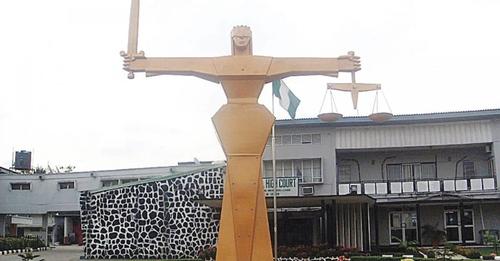Nigeria
Cashless policy: Supreme Court drama as Edo and Bayelsa team up with the FG to fight Kaduna, Zamfara, and other states

When Edo and Bayelsa States joined the Federal Government in a lawsuit brought by other States against the Federal Government over the implementation of the Central Bank of Nigeria’s (CBN) Cashless Policy, drama broke out in the Supreme Court on Wednesday.
In front of a panel of seven Justices of the Supreme Court, Edo, represented by a Senior Advocate of Nigeria (SAN), declared its support for the Cashless Policy Regime and its desire to be added as a respondent.
Through its legal representative, Mr. Damian Dodo, SAN, Bayelsa State stated its support for the Federal Government and submitted an application to be added as a respondent in the case.
Six other states, including Kaduna, Kogi, and Zamfara, joined Kaduna, Cross River, Ogun, Ekiti, Ondo, and Sokoto in the legal conflict with the federal government.
In their individual requests for joinder, the six States joined the three aggrieved States who had started the judicial conflict.
Justice John Okoro, who oversaw the case, allowed their joinder application, which was made by Mr. Samuel Ologunorisa, SAN.
The plaintiffs were instructed by the court to add the names of the six new plaintiffs to their original summons.
READ ALSO: Naira redesign: Uncertainties as FG and States resume legal fireworks related to the Supreme Court
In a same vein, Bayelsa and Edo requested to be joined as respondents through Mr. Damian Dodo, SAN, and Justice John Okoro accepted their request after receiving no objections.
Additionally, Justice Okoro issued orders to the Federal Government, Edo, and Bayelsa to change their statements of defence to reflect the case’s new stance.
As of now, the parties have agreed to move the hearing in the lawsuit to Wednesday, February 22.
In a different storyline, River State has brought a different lawsuit on the same grounds against the Federal Government.
Rivers refuses to work with other States, noting that it would prefer to handle its case alone, through counsel Mr. Emmanuel Ukala, SAN.
